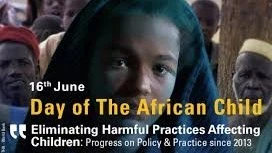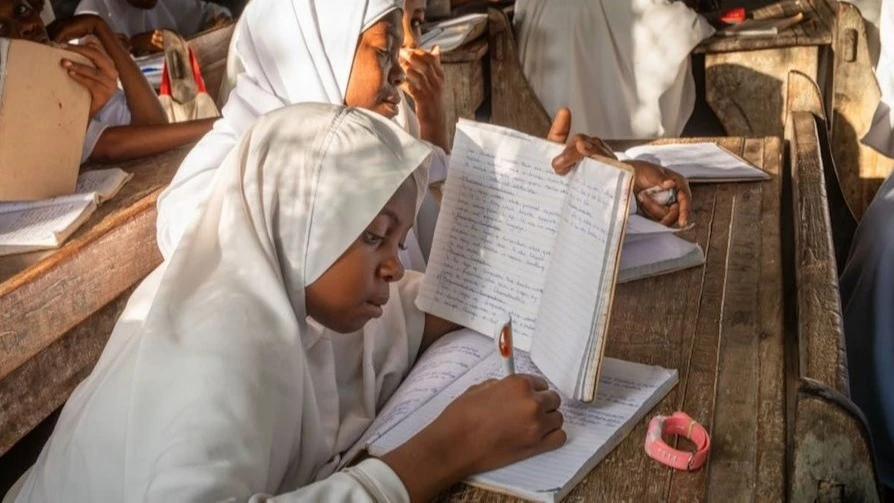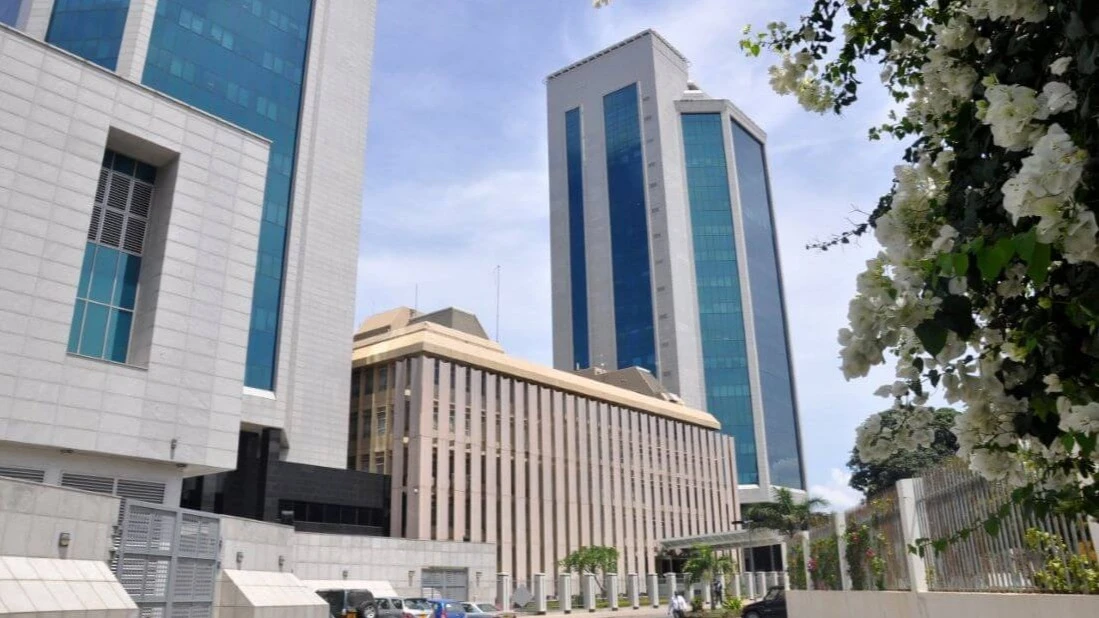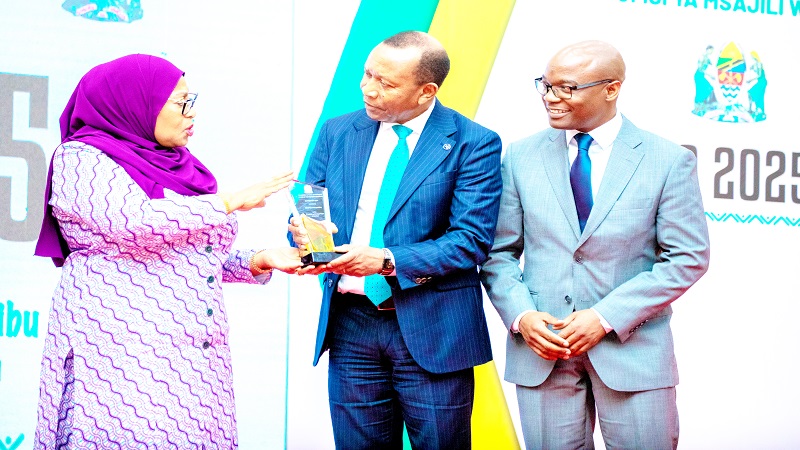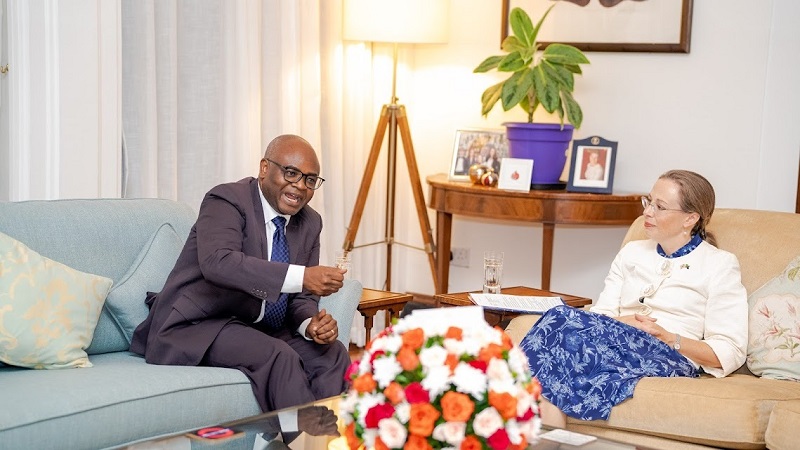Parents in Dar advise early technology integration to cultivate talents on DAC
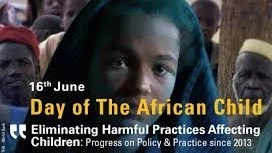
AS Tanzania joins the rest of the continent in marking the Day of the African Child (DAC), on June 16, parents, educators, and child development advocates are urging for deliberate integration of technology in early childhood education as a tool to identify, nurture, and grow children’s talents.
Celebrated annually under the African Union's initiative to promote children’s rights and welfare, this year's commemoration rekindled national conversations on how Tanzania's education system can be transformed to better prepare children for the digital age.
In separate interviews, parents and guardians in Dar es Salaam emphasised that while technology has the potential to unlock creativity, curiosity, and innovation among young learners, the education system still lags in tapping its full potential.
They also stressed the need for a balanced approach to prevent technology misuse among children, especially during their formative years.
“Technology today is central to a child’s development, but are our children really being prepared to use it meaningfully to nurture their talents?” posed Upendo David, a parent of two school-aged children. She expressed concern that many public schools lack the infrastructure and trained personnel to introduce digital skills early enough in a child's learning journey.
Peter Joseph, another concerned parent, echoed similar sentiments but cautioned about the risks associated with unregulated use of gadgets.
“Overexposure to digital screens without guidance can impair a child’s emotional and cognitive growth. However, with proper tools and parental involvement, children can safely benefit from technology,” he noted.
Theresia Desmond, a mother of four, emphasised that many African children are inherently gifted, yet their talents often go unnoticed or unutilised due to limited resources and a rigid curriculum.
“Many kids never get the chance to realise or develop their unique abilities because our education system rarely encourages creativity or individualized learning paths,” she said. “That’s why you’ll find people growing into adulthood without ever using their talents to impact their communities or the nation.”
Experts also weighed in on the importance of early talent recognition and inclusive education. Noelah Shawa, executive director of Child Support Tanzania, highlighted that most children are placed in systems that demand they adapt, rather than the system adapting to support their uniqueness. “Tanzania has a commendable inclusive education policy, but implementation is far from adequate,” she said.
Shawa pointed out the difficulties faced by children with special needs who are often placed in general classrooms without the tools or support required to help them thrive.
“It’s not enough to have policies on paper. We need schools that genuinely cater to diverse learning needs, including digital skills training from the earliest levels,” she emphasised.
Drawing from personal experience, Shawa spoke proudly about her son, a fifth-grade student who can create websites and animations due to his early exposure to digital learning. “He was introduced to basic tech tools early, and now he’s creating content on his own. By the time he completes secondary school, he’ll be a digital innovator,” she said. “Compare that to our school system, where most children are introduced to computers only after completing school, if at all. That has to change.”
In her view, starting early is not just beneficial but necessary if Tanzania is to keep pace with global trends and prepare its youth for competitive digital economies. She urged educational policymakers to incorporate structured, age-appropriate digital learning modules into the national curriculum.
Equally important, Shawa emphasised, is the role of parents in managing and guiding their children’s interaction with technology. “There are many tools parents can use to ensure safe tech use—like content filters, screen time monitors, and usage reports,” she explained. “Being involved in your child’s digital life is just as important as helping with homework.”
She cautioned that without clear boundaries and proper mentorship, children risk being exposed to harmful content or becoming overly dependent on screens. “Tech is powerful, but it must be used wisely. Parents need to be tech-literate too, not just the kids.”
As Tanzania reflects on the aspirations and challenges of its young population this African Child Day, the call from families and advocates is consistent: modern education must go beyond textbooks and embrace technology as a critical pathway to unleash potential, encourage innovation, and equip future generations with practical life skills.
They argue that by building digital literacy from an early age, Tanzania can nurture a generation of confident, creative, and self-reliant children capable of solving local and global challenges.
Today, June 16th, the African continent collectively observes the Day of the African Child (DAC), a solemn commemoration honoring the memory of the brave schoolchildren of the Soweto uprising in South Africa. Beyond remembrance, the day serves as a critical annual reminder to raise global awareness of the persistent challenges faced by children across Africa and to galvanise efforts to improve their lives and uphold their fundamental rights.
The origins of this significant day trace back to the tragic events of June 16, 1976. On that fateful day, thousands of Black schoolchildren in Soweto, a township near Johannesburg, bravely took to the streets to protest the apartheid regime's draconian imposition of Afrikaans as the primary medium of instruction in their schools. What began as a peaceful march quickly escalated into horrific violence when police opened fire on the unarmed students. The brutal crackdown resulted in hundreds of deaths, with thousands more injured or arrested. The indelible image of Hector Pieterson, a 12-year-old boy among the first casualties, being carried by a fellow student, became a poignant symbol of the day's brutality and the courage displayed by the youth.
Top Headlines
© 2025 IPPMEDIA.COM. ALL RIGHTS RESERVED













